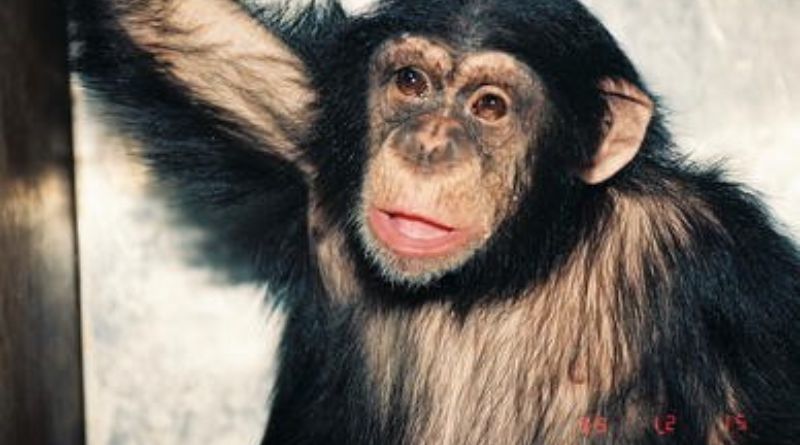The concept of animals, including monkeys, exhibiting conditions similar to human Down syndrome has sparked interest and curiosity in both the scientific community and the general public. This article aims to clarify what this phenomenon entails, discuss its implications, and address some frequently asked questions.
Table of Contents
What is Down Syndrome?
Down syndrome, also known as trisomy 21, is a genetic condition caused by the presence of an extra copy of chromosome 21. This additional genetic material leads to various physical and intellectual characteristics, such as distinct facial features, developmental delays, and varying degrees of cognitive impairment. While Down syndrome primarily affects humans, researchers have observed similar traits in other species, including monkeys.
Monkeys and Down Syndrome-like Characteristics
When discussing monkeys with Down syndrome-like characteristics, it’s important to note that they do not have Down syndrome in the same way humans do. The genetic makeup of monkeys is different from that of humans, so they cannot have the same chromosomal abnormalities. However, some monkeys can exhibit traits that may resemble those of individuals with Down syndrome. These traits may include:
- Physical Anomalies: Some monkeys may show physical characteristics that are somewhat similar to those seen in humans with Down syndrome, such as unusual facial features or shorter stature.
- Developmental Delays: Certain primates may experience developmental delays in motor skills or social behaviors, which can be reminiscent of the challenges faced by individuals with Down syndrome.
- Cognitive Impairments: Like humans with Down syndrome, some monkeys may exhibit challenges in learning and cognitive functioning.
Research and Implications
The study of monkeys exhibiting Down syndrome-like traits can provide valuable insights into the condition itself. Primates are genetically closer to humans than many other animals, making them important models for understanding genetic disorders. Research in this area can:
- Enhance Understanding: Studying these traits in monkeys may help scientists better understand the genetic and environmental factors contributing to Down syndrome in humans.
- Inform Treatment Approaches: Insights gained from primate studies could lead to the development of better therapeutic strategies for individuals with Down syndrome, particularly in areas such as cognitive development and social interaction.
- Promote Ethical Considerations: Research involving animals raises ethical questions about treatment, care, and the purpose of studying these characteristics. Discussions surrounding these issues are essential for guiding responsible scientific practice.
FAQs about Monkeys with Down Syndrome-like Traits
1. Can monkeys actually have Down syndrome?
No, monkeys cannot have Down syndrome in the same way humans do because their chromosomal structures are different. However, they may exhibit some characteristics that resemble those of humans with Down syndrome.
2. How are monkeys studied for Down syndrome-like traits?
Researchers observe and document physical and behavioral traits in monkeys through both field studies and controlled laboratory environments. These observations help scientists draw parallels and differences between primate and human conditions.
3. What ethical considerations are involved in studying monkeys with these traits?
Ethical considerations include the treatment and care of the animals, the purpose of the research, and the implications of findings for both animal welfare and human health. Researchers must adhere to strict guidelines to ensure humane treatment.
4. Are there specific breeds of monkeys that exhibit these traits more frequently?
There is no specific breed of monkey that is more likely to exhibit Down syndrome-like traits. However, studies may focus on certain species due to their genetic similarity to humans.
5. How can this research benefit humans?
Research on monkeys with Down syndrome-like traits can enhance our understanding of genetic disorders, leading to improved therapies, educational strategies, and support systems for individuals with Down syndrome.
Conclusion
While monkeys cannot have Down syndrome in the same way that humans do, the study of their Down syndrome-like traits can provide valuable insights into the genetic and environmental factors associated with this condition. Understanding these parallels not only deepens our knowledge of Down syndrome but also promotes responsible and ethical scientific inquiry. As research continues, the potential benefits for both primates and humans remain significant, paving the way for advancements in health and understanding.



